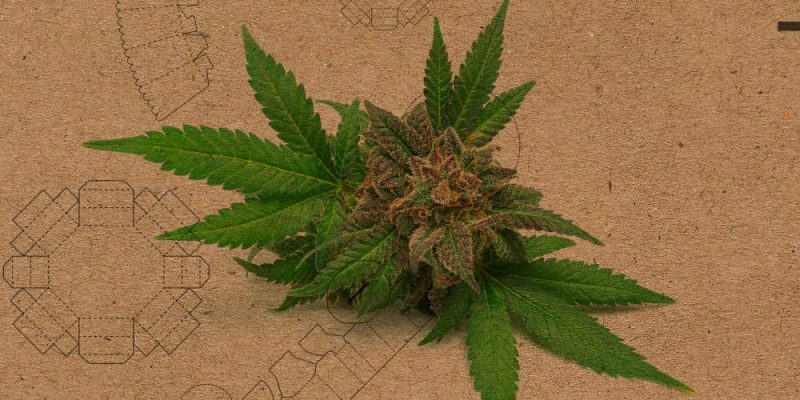The approval and glory of medical marijuana keep rising, driving a necessity to comprehend the differences between its major components, such as THC, aka tetrahydrocannabinol, and CBD, aka cannabidiol. Both of them can be found in cannabis plants, but their method of interaction within your body is different. Although CBD and THC interact with the human endocannabinoid system, both can be distinguished due to their unique properties and therapeutic potential.
The main distinction between CBD and THC is the former is sold as an oil and not psychoactive and often provides medicinal properties. In contrast, the latter is the primary psychoactive chemical in marijuana. If you’re wondering about cannabis, learn more here! However, let’s delve into distinctions between CBD and THC, offering detailed acumens into their effects on the human body.
THC: Overview
THC is often termed delta-9-tetrahydrocannabinol, which is the primary psychoactive component in the cannabis plant. This substance is what makes you feel “high.” It is considered a Schedule 1 controlled substance by the DEA, implying the DEA believes them to have a maximum possibility of being abused and no current medical usage, despite marijuana being lawful in some American states. Three common varieties of THC are hash, flowers or herbs, and hash oil, where the herbal category is highly esteemed.
CBD: Overview
Cannabidiol, or CBD, is a naturally occurring substance found in cannabis plants. Compared to THC, CBD doesn’t provide psychoactive effects or a high sensation. CBD plays a significant role in controlling different psychological functions, such as inflammation, pain sensation, immune response, and mood. However, CBD doesn’t bind to cannabinoid receptors, such as THC does. Instead, it affects these receptors indirectly, leading to a wide array of probable medicinal effects.
The most significant reason for CBD to gain traction is its ability to reduce symptoms associated with several medical conditions. It has been confirmed to manage acute pain, minimize inflammation, and relieve symptoms of epilepsy & seizures.
CBD vs. THC: Therapeutic Benefits
CBD
Epidiolex is the first CBD prescription treatment, produced from the cannabis plant & refined into an isolate that contains a 99% pure form of CBD. This is used to cure the rarest form of epilepsy. Besides that, commercially available CBD products, for example, CBD oil & edibles, are used to reduce symptoms of anxiety and depression, schizophrenia, insomnia, and more diseases.

THC
FDA has sanctioned two significant synthetic variations of THC for curing particular health conditions, such as dronabinol and nabilone. The first one is to cure nausea & vomiting tendencies due to chemotherapy drugs. Whereas the latter helps cure chemotherapy-induced vomiting and nausea. THC’s ability to cure fibromyalgia and other forms of chronic pain is being investigated in current research.
CBD vs. THC: Side Effects
Some of the common side effects of consuming or smoking THC are the following:
- Drowsiness.
- Issues with focus, memory, and judgment.
- Loss of balance.
- Breathing issues.
- Increased heart rate.
- Dizziness.
- Vomiting and issues.
Some of the common side effects of smoking or eating CBD are shown below:
- Upset stomach.
- Low blood pressure.
- Nausea.
- Exhaustion.
- Crankiness.
- Diarrhea.
- Lightheadedness.
CBD vs. THC: Key Differences
- THC produces a high, whereas CBD doesn’t.
- CBD is well-known to ease depression, which THC doesn’t.
- As far as increased appetite is concerned, CBD helps improve appetite, whereas THC doesn’t do that.
- CBD helps with psychosis, whereas THC doesn’t help with this.
- THC can be consumed in tinctures, smokable products, edibles, and oils, whereas CBD is available in capsules, oils, gummies, and tinctures.
Conclusion
CBD has numerous positive applications and is non-psychoactive; however, THC has psychoactive properties and may be able to treat particular medical ailments. So, which one is a hero, and which one should be labeled a villain? Both THC and CBD have health advantages. Although they are both regarded as harmless, think about any potential adverse effects and how they could interact with other drugs you consume.









Comments